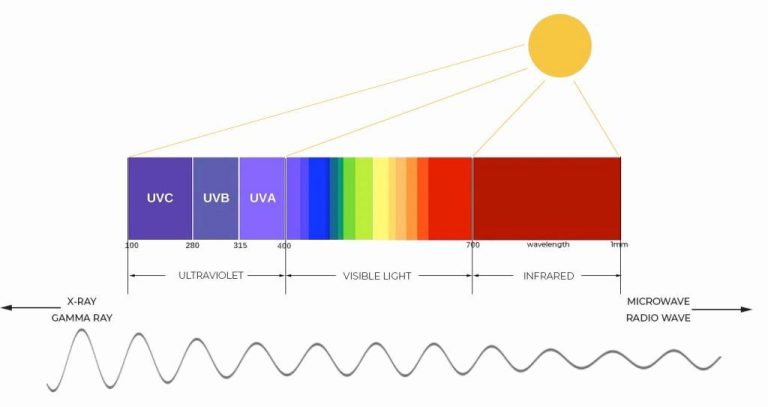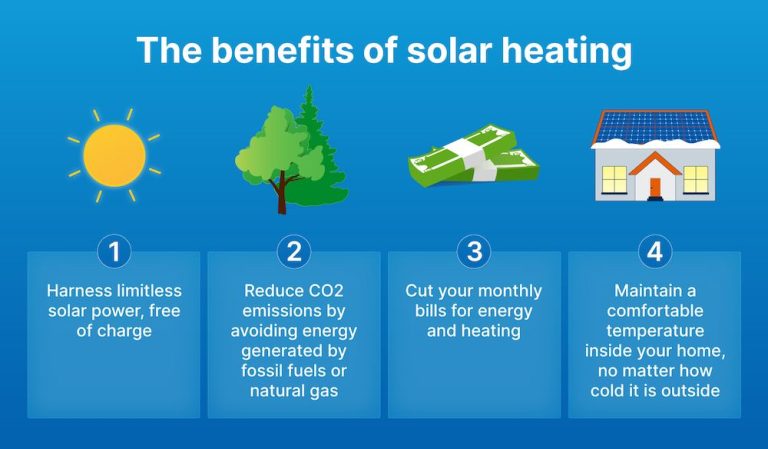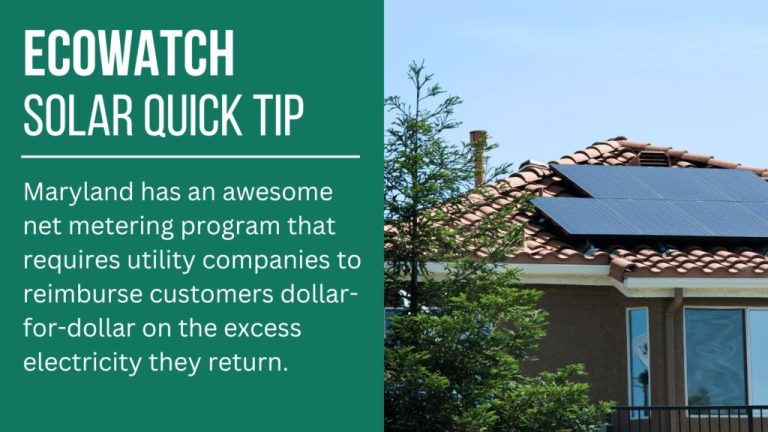How To Sell Solar Panels Online?
The global solar panel market has experienced rapid growth in recent years as solar energy adoption increases worldwide. Favorable government policies, declining costs, and increased efficiency have all contributed to making solar panels an attractive renewable energy option for both residential and commercial properties.
Solar panels, also known as photovoltaic (PV) panels, convert sunlight into electricity using semiconducting materials. They are comprised of solar cells, with each cell producing a small amount of direct current (DC) electricity when exposed to sunlight. The DC current is collected and combined into a usable alternating current (AC) by inverters for electricity transmission.
Today’s solar panels are durable, require little maintenance, and can last over 25 years. This makes them a smart long-term investment for environmentally conscious homeowners and businesses looking to reduce energy bills and their carbon footprint. The falling prices of solar panels coupled with their reliability and efficiency improvements present a lucrative opportunity for online businesses looking to tap into the growing solar market.
Understand the Solar Panel Market
The solar panel market is experiencing rapid growth as the costs of solar panels continue to decline and adoption increases. There are a few key types of solar panels on the market:
- Monocrystalline solar panels – made from a single crystal of silicon, most efficient but more expensive
- Polycrystalline solar panels – made from multiple silicon crystals, slightly less efficient but cheaper
- Thin-film solar panels – made by depositing layers of photovoltaic material on substrates like glass or plastic, not as efficient but cheaper and more flexible
According to market research from the Solar Energy Industries Association (SEIA), the U.S. solar market grew 43% in 2020 to a record 19.2 gigawatts of new installed capacity, representing 43% of all new electric generating capacity added to the grid [1]. The SEIA projects the total U.S. solar market size could grow to over 500 GW by 2030.
Residential solar is a major driver of growth, with over 3 million U.S. households now powered by solar energy. Key demographics adopting solar panels include environmentally-conscious consumers, households with high energy usage, and homeowners seeking energy independence and cost savings from their electric utility.
Develop Your Online Store
When starting an online solar panel sales business, one of the most important steps is choosing and setting up your ecommerce platform. There are many solutions to consider, but some top options for solar businesses include:
Shopify, WooCommerce, Magento, and BigCommerce. These provide the features and flexibility needed for selling solar products online.
You’ll also want to invest time in design and branding to showcase your business professionally. Consider working with a designer to create logo, color scheme, banners, product images, and other visual assets. Make sure your store conveys your brand identity.
Thoughtfully crafted product listings and descriptions are key. Provide all the necessary details about your solar panels like wattage, dimensions, materials, etc. Use clear photos from multiple angles. Write compelling descriptions that communicate the benefits and help customers make informed purchase decisions.
Taking the time to properly setup your online store will pay dividends as you work to attract and convert solar shoppers.
Source Reputable Solar Panel Suppliers
Finding reputable wholesale solar panel suppliers is crucial for securing quality inventory at competitive prices. Here are some tips for sourcing suppliers:
Focus your search on major solar panel manufacturers like Canadian Solar, SunPower, First Solar, and JinkoSolar. Reach out to their sales teams about supply agreements and pricing.
Attend solar industry trade shows like Intersolar and SPI to connect with solar panel suppliers and distributors in person. This allows you to evaluate product quality and build relationships.
Research solar panel wholesale suppliers like Solar Electric Supply and A1 Solar Store that specialize in distribution. Assess their reputations, product range and customer service.
Negotiate quantity discounts, payment terms and delivery logistics. Larger orders, upfront payments and centralized delivery can lower costs. Consider supply diversity to mitigate risk.
Vet suppliers thoroughly and inspect product samples before finalizing deals. Prioritize manufacturers with strong warranties, quality controls and customer service.
Manage Inventory and Fulfillment
Successfully selling solar panels online requires carefully managing inventory and fulfillment. Proper inventory management ensures you have enough stock to meet demand without overstocking and tying up too much capital. There are two main approaches to inventory:
Stocking inventory means purchasing and warehousing solar panels to ship directly to customers. This requires accurately forecasting demand and maintaining sufficient safety stock. However, stocking inventory requires significant upfront investment and warehouse space. Scoop Solar provides solar companies with inventory management software to track stock levels across multiple warehouses.
Dropshipping involves fulfillment directly from the supplier to the customer without holding inventory. This minimizes capital requirements but results in longer delivery times. Software like Finale Inventory helps manage dropship workflows.
Regularly analyzing sales data and trends is key to forecasting inventory needs accurately. Well-managed inventory fulfillment, whether stocking or dropshipping, ensures fast order delivery and helps build a reputation for great customer service.
Implement Digital Marketing Strategies
A robust digital marketing strategy is essential for promoting your solar panel ecommerce business online and driving sales. Here are some key tactics to implement:
SEO Optimization
Optimizing your website and content for search engines like Google is crucial for getting your products found by people searching for solar panels online. Focus on things like:
- Including relevant keywords in page titles, headers, content, alt text, etc.
- Creating blog posts and guides around topics like “benefits of solar panels”, “top solar panel manufacturers”, etc. to drive organic traffic (source)
- Getting high-quality backlinks from other solar industry sites
- Optimizing site speed and technical SEO
Social Media Marketing
Leverage social platforms like Facebook, Instagram and LinkedIn to raise awareness of your solar panel shop, engage with potential customers and generate sales (source). Post educational and inspirational content, run paid ads targeting homeowners, and participate in solar industry groups.
Email Marketing
Use email marketing to nurture leads, educate subscribers on solar products and promotions, drive repeat business, and build loyalty. Offer an opt-in newsletter, send abandon cart emails, and leverage automations to create customized customer journeys.
Generate Leads and Sales
Lead generation is critical for driving sales of solar panels online. Some effective techniques include pay-per-click advertising, search engine optimization, content marketing, email marketing, and social media marketing (SolarFeeds). When running ads, focus on keywords related to solar panels, renewable energy, home improvements, going green, and energy savings. Make sure your website and online listings rank high in organic search results for relevant keywords. Publish informative blog posts, videos, and guides to attract visitors organically. Use email lists, newsletters, and social media to reach potential customers. Offer free informational resources in exchange for contact information.
When it comes to the sales process, be sure to explain the benefits and cost savings of switching to solar power. Provide quotes and financing estimates tailored to each customer. Follow up promptly to answer questions and offer solar panel system design consultation. Address any concerns about maintenance, warranties, efficiency, etc (Zuper). Guide customers through the purchase process and schedule installation seamlessly.
Offer flexible financing options to increase affordability. Options include solar loans, solar leases and power purchase agreements. Compare interest rates, contract terms and ownership implications. Work with solar financing companies to check eligibility and get preapproved (Aurora Solar). Reduce friction in the buying process by integrating financing seamlessly.
Provide Excellent Customer Service
Providing excellent customer service is essential for any successful online solar panel business. There are a few key areas to focus on:
Pre-Sales Support

Make sure to be available to answer any questions potential customers may have before making a purchase. Provide detailed product information and specifications on your website. Offer live chat, phone, and email support options with quick response times. Guide customers through the buying process and address any concerns they may have (Source).
Post-Sales Support
Continue supporting customers after their purchase with installation and maintenance instructions. Provide helpful guidance for optimizing and troubleshooting their solar panel system. Make yourself available via phone, email, and in-person to resolve any issues. Follow up regularly to ensure customers are satisfied with their purchase (Source).
Managing Returns
Have a clear and simple returns and refunds policy. Make the process easy for customers should they need to return an item. Quickly process returns and issue refunds. Listen to customer feedback to understand why the return occurred and improve business operations. Follow up with customers after processing a return to maintain positive relations (Source).
Analyze Data and Optimize
Once your solar panel ecommerce site is up and running, it’s important to continuously analyze data to identify areas for optimization and improvement. Here are some key ways to leverage data analytics:
Set up Google Analytics and connect it to your website and sales channels. Track key metrics like traffic sources, top converting pages, conversion rates, revenue, etc. Google Analytics will give you visibility into customer behavior and purchasing patterns.
Monitor sales and inventory data to identify bottlenecks or gaps. For example, are certain products selling out faster than you can restock? Are there lulls in traffic and sales on certain days/times? Identifying these trends allows you to adjust your marketing, inventory, or strategies accordingly.
Run A/B tests on elements like page layouts, headlines, call-to-action wording, email campaigns, etc. A/B testing allows you to optimize your marketing assets over time by testing different versions and doubling down on what works.
Overall, taking a data-driven approach enables you to continually refine and improve your solar panel ecommerce business, driving more traffic, leads, and sales over time.
Grow and Scale the Business
To grow and scale your solar panel business for the long term, three key strategies include hiring additional employees, expanding your product offerings, and developing a strategic business plan. As your business gains more customers, you may need to hire sales representatives, installers, customer service agents, and other employees to meet demand and provide excellent service (Source). Vet potential hires thoroughly and train them well so they can succeed in their roles. Also consider expanding beyond just selling solar panels to offer complementary products like inverters, batteries, and monitoring systems. This provides a more comprehensive solution for customers. Finally, create a 3-5 year strategic business plan mapping out your goals for growth and key strategies to get there, covering marketing, operations, hiring, product development, and financing. With thoughtful planning and execution, you can scale up your solar business over the long run.







